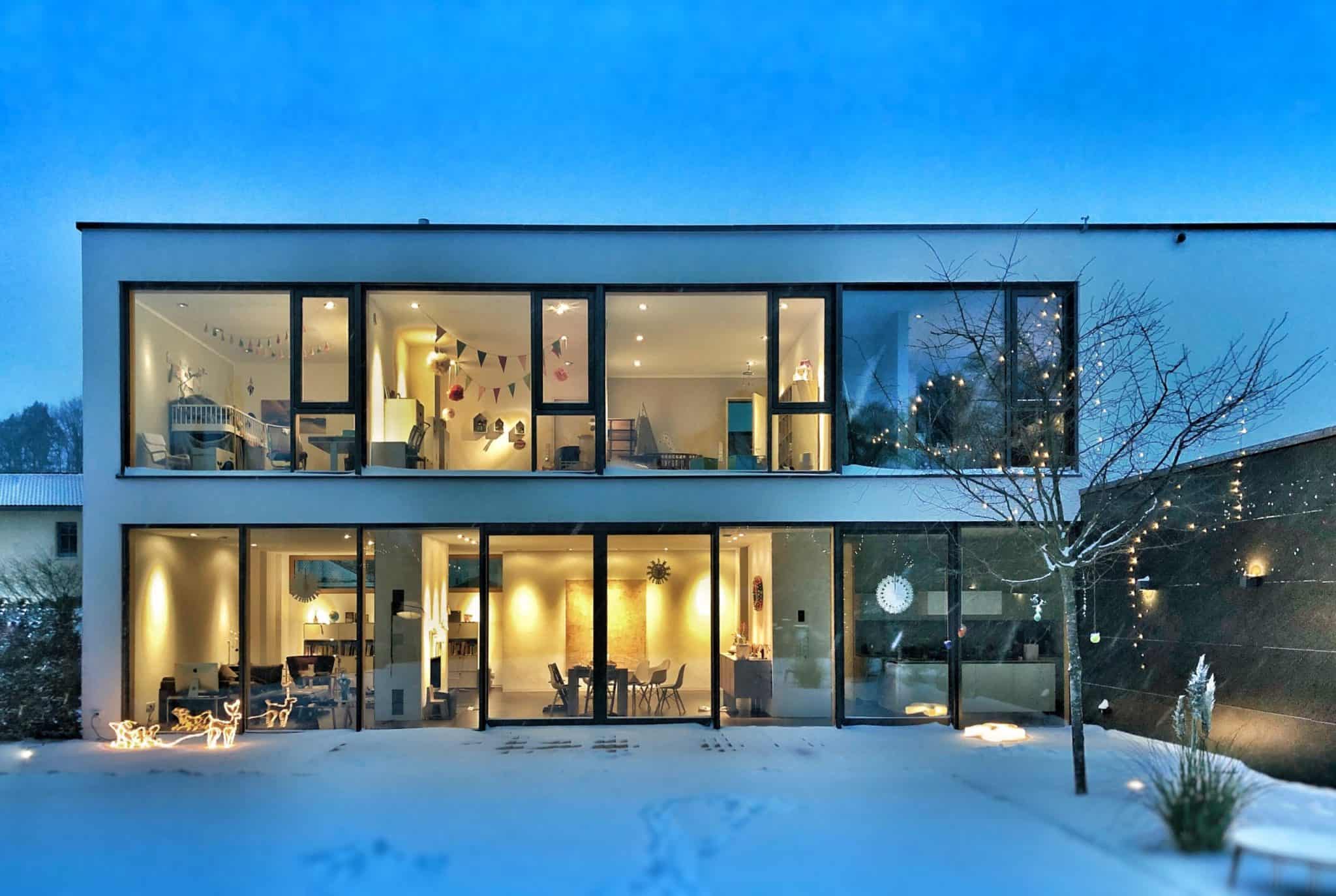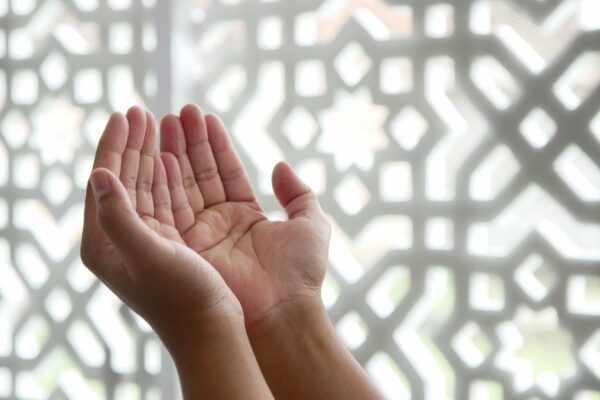Home Purchase Plan – A Great Mortgage Alternative – IslamicFinanceGuru

6 min read
Published:
Updated:

Haider Saleem
You want to get on the property ladder, but you need finance. You’re thinking about taking out a conventional mortgage but are unsure. However, there are other options available that might actually work out better for you. This includes the Home Purchase Plan (HPP).
Muslim or non-Muslim, the HPP is a great alternative option.
In this article, we’ll discuss:
- What is an HPP?
- How is it different from a conventional mortgage?
- Which is better? Conventional mortgage v HPP
- Where can I get an HPP?
I’m a non-Muslim – why should I care?
A HPP is offered by an Islamic bank. These are banks that do not believe in dealing in interest. Rather, everything is equity-based. That means, a lot of the dodgy credit card and extortionate activities that some elements of the mainstream lending world engage in – are avoided.
The other key appeals for a HPP are:
- Islamic banks do not charge a penalty if you want to make an early repayment of your mortgage. So for example if you expect to come into a windfall or for your salary to increase dramatically, you will quite like the idea of being able to pay the full loan off without any penalty fees or payments. A HPP is perfect for this as Islamic law does not allow penalty fees like this.
- HPPs may be available to you where perhaps other mainstream lenders may not accept you as you do not fit into their lending criteria. This is relatively rare though.
What is an HPP?
Problem: Interest-bearing loans are prohibited under sharia. Conventional mortgages are interest-bearing loans.
Solution: A way to get around this is through the product known as HPP.
Read this to find out why interest is forbidden.
There are three different types of HPP:
- Ijara aka “rent-only” (lease),
- Diminishing Musharaka (partnership) and
- Murabaha (profit).
These three are explained in more detail in Ibrahim’s handy Islamic Mortgages Guide.
the most common is the Diminishing Musharaka
- It’s a co-ownership agreement.
- The bank will own most of the house (e.g. 80% of it) and you’ll continue to pay ‘rent’, buying further equity, until you have 100% ownership. Your share of ownership grows and theirs will shrink.
- What makes this halal? The bank shares the risk of ownership with you. In other words, the bank is holding 80% of a property on its accounts, rather than an £80k debt.
How is it different from a conventional mortgage?
We have a detailed article here listing the differences between the two. However, a quick summary below.
There are three crucial differences:
- Islamic mortgages are considered halal
- Interest is not involved; and
- Islamic mortgages involve ownership for the bank.
The key difference is that there is no interest paid on monies you borrow – it’s rent.
Regarding ownership, As mentioned above, the bank will own an equitable share and so will you. The bank will hold their share until you have paid them off for their share. After that, you’ll own the whole property.
It’s a partnership model where:
- The banks will take the freehold.
- (Unlike in a conventional mortgage where you take this)
- They then sell you a lease (for 99 years) just so you have some comfort that you can’t be evicted like any common tenant ordinarily could.
- This lease gives you an equitable interest in the freehold.
- This places restrictions on the bank’s control and limits their powers in dealing with the property or land.
- Once you pay the lease off, they will transfer the freehold to you.
This means this leasehold can only be sold or ended by the consent of the bank
Next, let’s put them side-by-side and see which comes out on top.
Which is better? Conventional mortgage v HPP
Check this handy table I made focusing on the pros and cons of an Islamic mortgage. However, I have listed some brief points below.
Pros of HPP
- Avoids paying interest – ethically and Islamically better.
- Many Islamic scholars have approved the HPP.
- Cheaper than renting – see our buy or rent.
- Islamic banks are arguably safer than mainstream banks as they don’t engage in prohibited activities under the sharia, such as derivatives and exotic instruments trading.
Cons of HPP
- Smaller market, not as good or as many deals.
- HPP’s are much more expensive than conventional mortgages you’ll (usually) pay higher (1) bank charges and (2) solicitors’ fees. Both explained here. There is hope that this will change over time as more people learn about HPP (but can use mortgage comparisons – see below).
- Buying and selling with an HPP can be harder.
- If the property loses value, the Islamic mortgage provider will not share the loss.
- If you breach certain parts of your contract with the bank, they have the right to 1) Terminate the agreement with written notice; and/or 2) Sell the property.
- The leasehold that you own can only be sold or ended by the consent of the bank.
Where can I get an HPP?
There are two main providers of home purchase plan (HPP) products in the UK today, though a number of others are technically authorised to issue them.
The two main ones – with a link to our detailed review of each of them – are:
The others include
- Al Ahli
- Heylo Housing
The following banks/companies may soon offer Islamic mortgages/shared ownership products:
- StrideUp
- Wayhome
- Primary Finance
- UBL
- Habib Bank
We have a detailed summary of all these here.
To clear any confusion, the following banks at one point did offer HPP’s, but now they do not:
- HSBC
- Lloyds
- Al Buraq Finance
Use a comparison site
We’ve mentioned you’ll probably be paying more for an HPP compared to a conventional mortgage. However, that doesn’t mean can’t find a good deal. You can use a comparison site – specifically for Islamic mortgages.
We at IFG have our own Islamic mortgage comparison here where you can compare all the available providers.
Use a mortgage calculator
Combine using the comparison engine with a mortgage calculator. This is another way to find the best HPP deal.
The best Islamic mortgage calculators (btw – that’s a link to a detailed article) can be found on IFG. We also have listed them, along with others that we that are good here.
Every bank will have its own calculators. Unlike IFG’s, a bank-specific calculator will only show you offerings for their products. You can use the calculators on IFG calculators to compare different banks against each other. Of course, use every tool you have out there.
The IFG calculators will give you an idea of what you could finance. We offer four:
For more info and explanations on comparison engines, we have an article here.
Conclusion
There is no harm in taking a look at HPP and see if it suits you.
If you really want to buy a house with a mortgage and you’re really concerned about it being halal, then the safest option would be an Islamic one under an HPP.
If you’re concerned about the cost, remember this – you’re paying for the halal option.
Islamic mortgages are currently the only genuine solution for Muslims in the UK and those concerned about ethical banking.
If you enjoyed this article, you can follow me on Twitter or LinkedIn.
Related Articles
View all
Can I enter into a contract with haram clauses?
29 September 2023 7 min read

5 Reasons Why Your Rizq Isn’t Increasing
10 August 2023 4 min read


